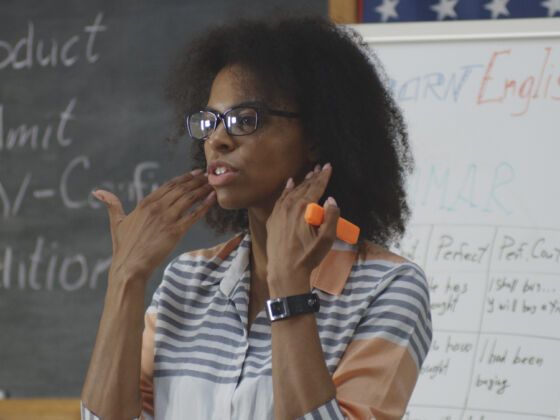I tried to cut my chicken with a dull knife and didn’t know how to answer.
Josh chimed in, “Yea, I mean these kids are always hungry. Girls have babies when they’re 15. It’s just the way it is. How do we know that handing them a laptop is even going to change anything?”
